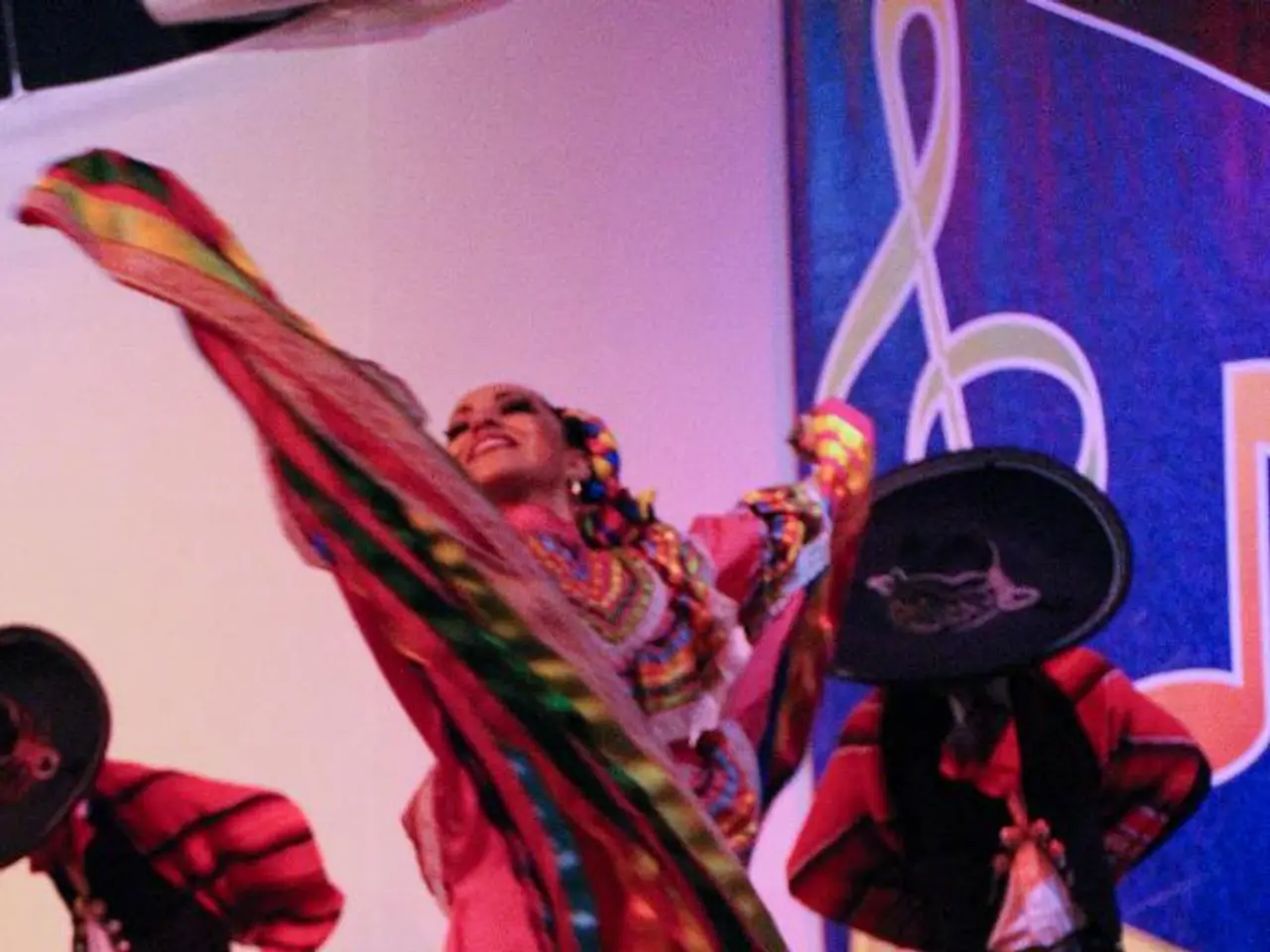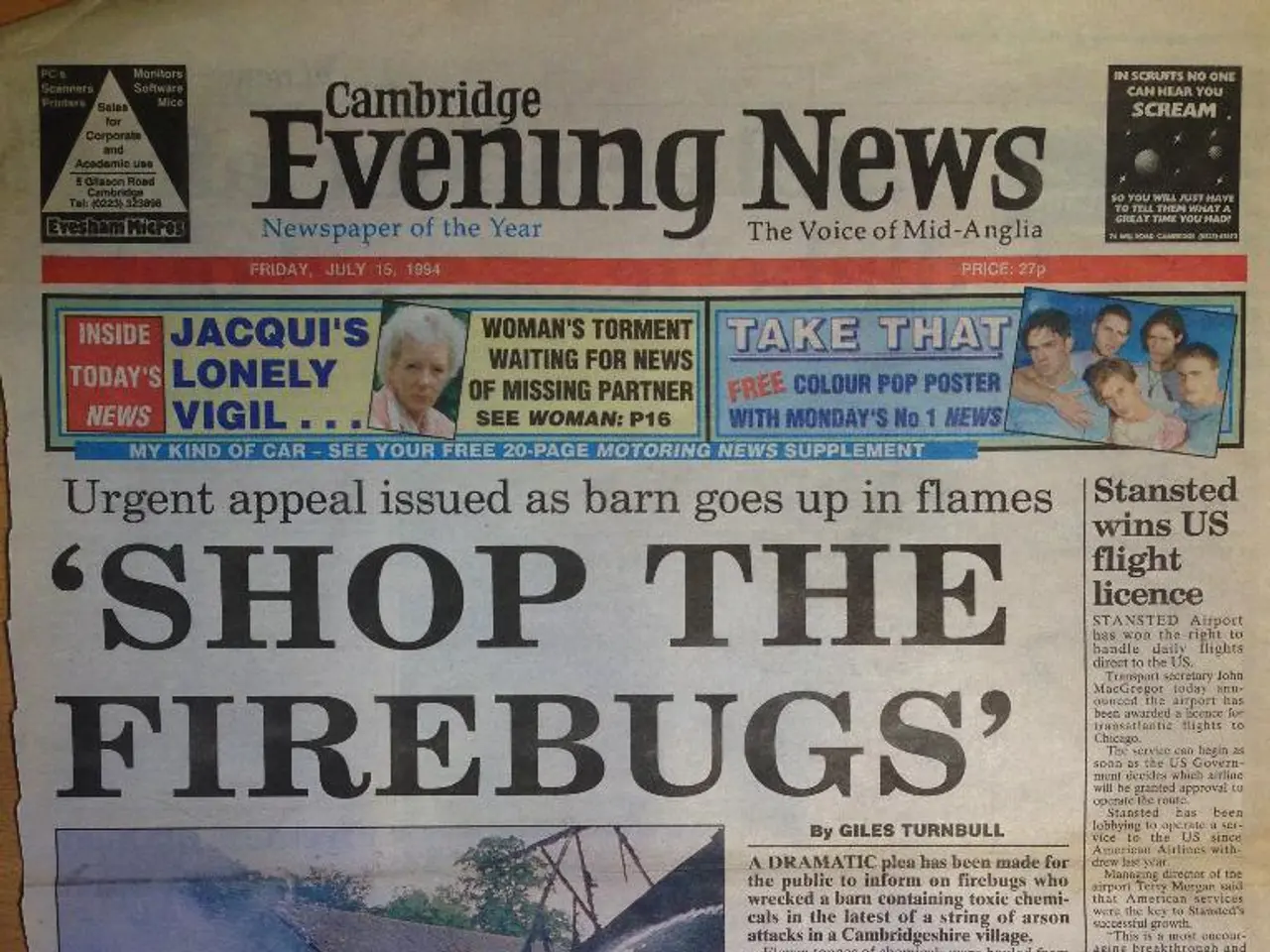Life Story of Legendary Singer Elvis Presley
Elvis Presley and the Birth of Rockabilly: A Revolution in Music
In the sweltering summer of 1954, a pivotal moment in music history unfolded at Memphis Recording Service. Elvis Presley, a young singer with a unique voice, walked through the doors and into the studio, marking the beginning of a musical revolution.
Elvis' first encounter was with Scotty Moore, a promising guitarist who was already a regular at the studio. Together with Bill Black on the upright bass, the three musicians spent the summer experimenting, searching for a sound that would resonate with audiences.
The breakthrough came during a session in July, when Elvis started singing Arthur "Big Boy" Crudup's blues song, "That's All Right." The tempo of "Blue Moon of Kentucky" was also speeded up, and two elements were added that would become signature in Elvis' sound: syncopated lyrics with a hiccuping sound and a reverberation effect added by Sam Phillips, the studio's producer.
These tracks, "That's All Right" and the accelerated "Blue Moon of Kentucky," exemplified the fusion of African-American blues and the country style of Bill Monroe. Elvis sang with bluesy inflections and emotional intensity uncommon in country music of the time, while his accompaniments included his acoustic guitar, electric guitar fills by Scotty Moore, and Bill Black’s propulsive upright bass. This combination created the defining sound of rockabilly[1][3].
Sun Records, under Sam Phillips, played a crucial role in capturing and popularizing this hybrid sound using the studio’s signature “slap-back” echo effect, known as the “Sun echo.” This sound became a hallmark of rockabilly recordings and was further popularized by artists inspired directly or indirectly by Elvis’s performances, including Jerry Lee Lewis, Carl Perkins, and others[1][4].
Elvis' success at Sun Records ignited a regional and then nationwide enthusiasm for rockabilly, inspiring many musicians to adopt this musical style. After moving to RCA Victor, Elvis’s crossover into mainstream music helped rockabilly transition and influence broader rock and roll, though his initial Sun recordings remain essential to rockabilly’s origins[1][3].
In the years that followed, Elvis Presley's early Sun Records sessions crystallized the sound and style of rockabilly, merging black blues and white country influences, energized by a rhythm-driven and emotionally expressive performance. Sun Records provided the technical and artistic environment to document and popularize this new musical form[1][3][4].
[1] The Rock and Roll Revolution: The Sun Records Story [2] Elvis Presley at Sun: The Birth of the King [3] Sun Records: The Making of an American Music Industry [4] The Sun Sound: Box 1659
Elvis' innovative sound, a fusion of blues and country music, propelled the birth of rockabilly, a significant shift in pop-culture. His trailblazing performance at Sun Records, characterized by its signature "slap-back" echo effect, ignited a national enthusiasm for this new musical genre, impacting the broader pop-culture landscape.








